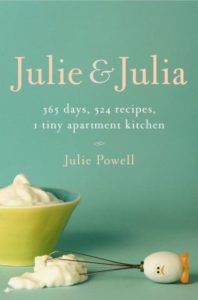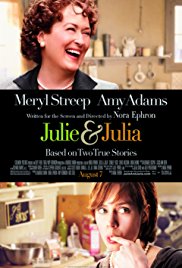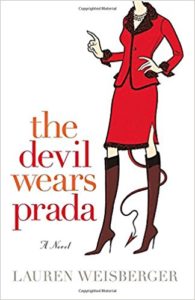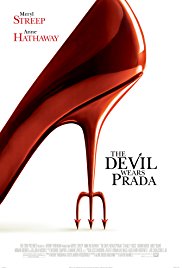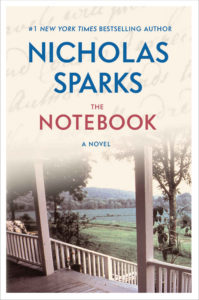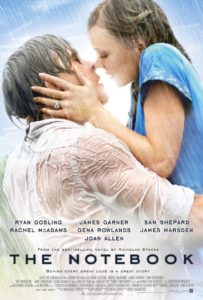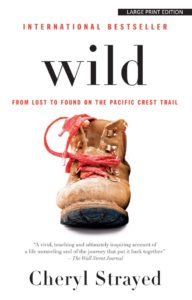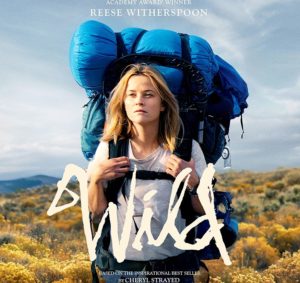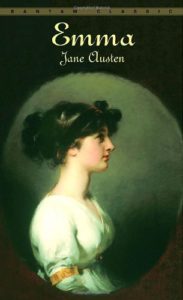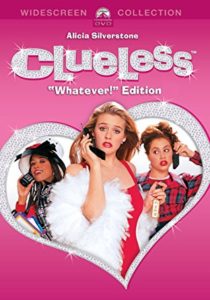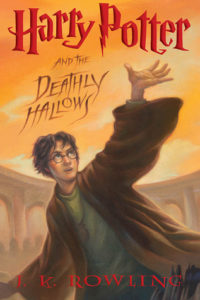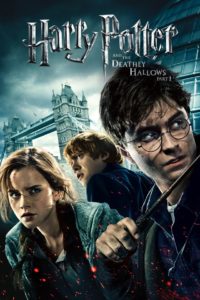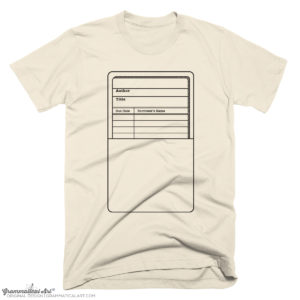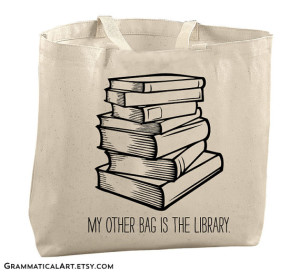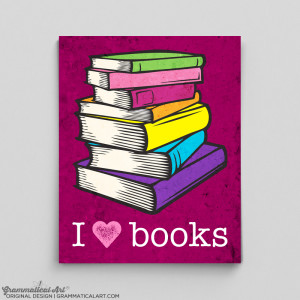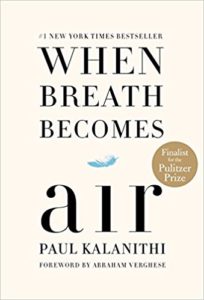As an avid consumer of all things movies, books, TV, and music, I tend to keep myself fairly up-to-date on entertainment news—which of my shows are canceled or renewed or brought back from the dead; when a favorite author or artist is dropping a new book or album; which summer blockbuster hits the big screen when—so imagine my surprise when I click over to YouTube last week and I see Netflix’s new trailer for its small-screen adaptation of Jenny Han’s To All the Boys I’ve Loved Before.
Not a press release announcing Netflix had optioned the movie rights, not a casting announcement or even a filming notice—the two-minute-long official trailer, complete with release date. And this was the first I was hearing about it.
Even more to my surprise, I didn’t feel excited. It wasn’t just concern about the quality of the adaptation; I felt disappointed, maybe even a little bit sad. (Maybe more than a little bit sad.)
I read To All the Boys I’ve Loved Before, the first in a trilogy, last summer. At the center of the book is 16-year-old Lara Jean, who’s loved exactly five boys in her life. Every time she fell out of love with one of them, she wrote them a letter, expressing her love and why she’d moved on. She sealed it, addressed it, and tucked it away for no one to find—until someone does and mistakenly sends all five out with the mail, delivering her private letters to the very people who were never supposed to read them. What follows is a sweetly romantic, wonderfully heartfelt comedy of errors that would only ever take place within the pages of fiction but is all the more magical because of it.
I liked it enough to run out and buy the sequel as soon as I finished it. It was sugar-spun YA fun, a perfect summer read, and Lara Jean—so patently human, endearingly genuine, and almost painfully earnest—was a narrator I loved spending time with.
So why wasn’t I thrilled to see her brought to life? As much as I loved reading about Lara Jean and her romantic mishaps, I wasn’t anywhere near as attached to her story as I was to, say, Harry Potter or the Hunger Games, and I was over the moon about the announcements of those adaptations.
But a book doesn’t have to be a favorite for us to feel connected to it, and unlike the Hunger Games and Harry Potter, no one in my immediate social circle had read To All the Boys I’ve Loved Before. I experienced it entirely alone, and Lara Jean’s journey—a very personal one—became personal to me as I read it.
Seeing that trailer on YouTube, a promo for the movie’s wide release, robbed me a little of that feeling.
Reading is, after all, an individual activity, even when we talk about it with our friends and family. What we imagine when we read—the way we imagine it, the way we react to it—all belongs solely to us, in that moment and after we close the book. Sometimes that experience runs so deep, so true, that we want it to stay that way—between us and the page—forever.

